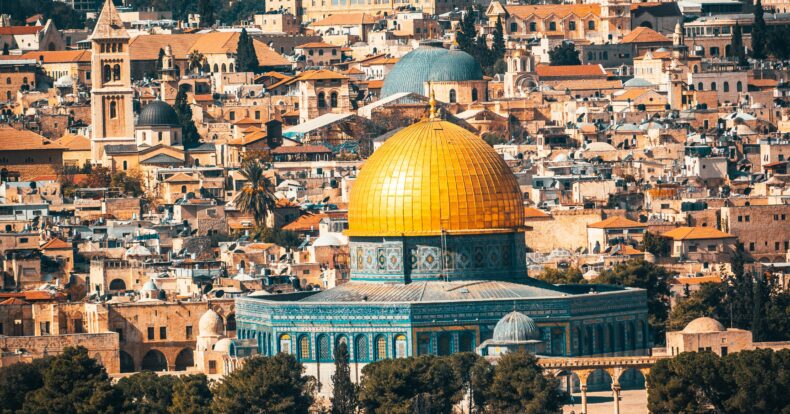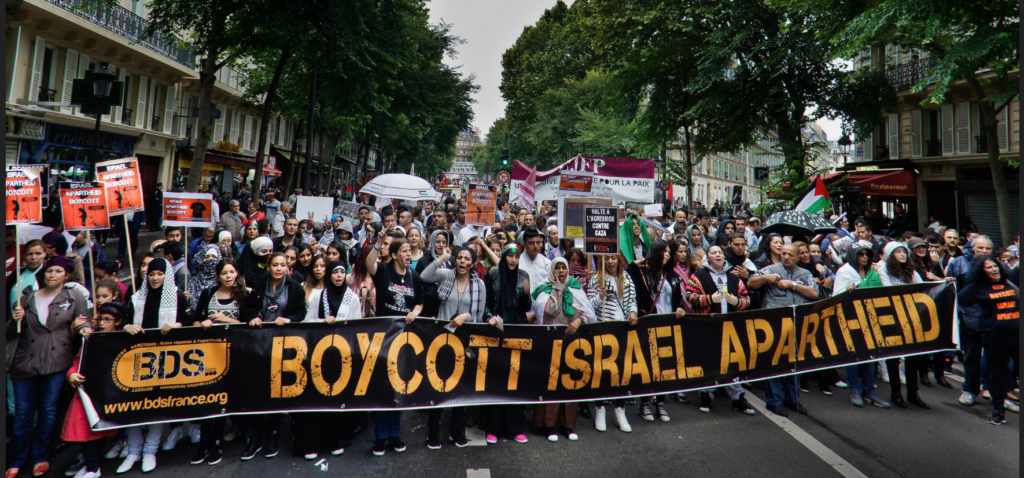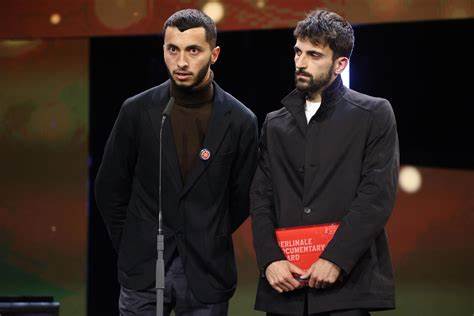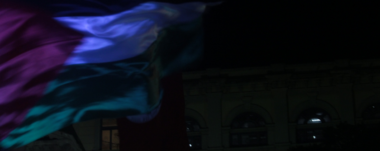Israel-Funded Trips: Is Media Reporting Transparent?

In the past few weeks, reports have been made for national news from Israel. Who financed these trips? How does it influence the journalistic work?
If you were watching the television news over the past few weeks, you may have seen some prime-time reports on the Gaza situation from Israel. These reports were made by journalists from Telenoticias (Channel 7) and Repretel (Channel 6).
So, did these two television companies financed the trips of their journalists in order to get closer to the conflict?
Apparently not. According to an interview made by the newspaper La Teja to a journalist of Repretel, it was learned that these trips were financed by the Israeli Embassy:
He spoke to La Teja about this risky adventure, which he will live thanks to the fact that he was chosen by the Israeli Embassy along with 12 other journalists from Latin America to visit the country during war and some of its territories attacked by Hamas.
La Teja, February 4th
What Is The Problem Here?
The problem is that, being financed by Israel, one of the countries involved in the conflict, the coverage will be biased. In the words of David Barrientos of La Hora Tica:.
Independent media should not accept all paid travel from a government that is in an armed conflict to cover that conflict, for the simple fact that those media will be obliged to report what the inviting country wants them to report. There is no true editorial independence.
And this is evidenced in one of the responses of the Repretel journalist in his interview with La Teja:
We are going to visit the agricultural communities attacked house by house by Hamas and there we are going to interview people who are going to tell us what it was like to live through the horror of the attack. We will also go to the area where young people were enjoying a music festival when Hamas opened fire, and we will have the opportunity to interview relatives of people who are kidnapped and held hostage.
It is necessary to mention that the number of victims in the two territories is unbalanced and out of comparison. Nicolas Boeglin writes that (on October 26, 2023):
- on the Palestinian side, in Gaza, 7028 people were killed and 18,482 injured, to which should be added – in the West Bank – 103 dead and 1956 wounded; while in the Gaza Strip, 7028 people were killed and 18,482 injured, while in the West Bank – 103 dead and 1956 wounded.
- on the Israeli side, 1400 people were killed and 5431 wounded, as well as one death in Gaza (and 11 wounded) and one death in the West Bank (and 3 wounded).
If it were not for this interview, viewers would not be aware of this situation since none of the media have given explanations.
Israel and the media

In 2020, the Catalan media La Directa published an investigation revealing that the Israeli Ministry of Strategic Affairs paid an amount of money to the Jerusalem Post in exchange for publishing news against the BDS (Boycott Divestment Sanctions) movement. This is a pro-Palestinian movement that advocates:
- the end of the Israeli occupation
- the colonization of the Palestinian territories and the Golan Heights
- the full equality of Arab Israeli citizens living in Israel
- recognition of the right of Palestinian refugees to return.
This research was picked up by the independent Israeli media 972 Magazine.
The Jerusalem Post then took the deal and published in 2019 a story titled “Unmasking BDS.” Here, officials from the ministry itself and politicians from the U.S. Republican Party were interviewed where they praised figures such as Donald Trump.
In addition, the ministry commissioned journalist Aiden Pick, of the American-Jewish media The Forward, to open a “dirty war” in public opinion against those who criticized Israel.
Likewise, the Israeli newspaper Haaretz reported that the Government of Israel approved the expenditure of 31.4 million euros to finance its political propaganda.
As the Red newspaper mentions, Israeli organizations were already operating their media war against Palestine long before the situation we see today in Gaza.
Today

Let’s not forget that a few days ago, Israeli director Yuval Abraham denounced death threats against him. This because of his documentary “No Other Land”, which highlights the violence of Israeli settlers against Palestinians in the West Bank.
According to information published in El País, Gaza’s health authorities have recorded 25,000 deaths since October 7. 5 out of 10 are minors, 3 out of 10 are women and 2 out of 10 are men aged 18 and over.
Sensorial Sunsets
Navigate articles




